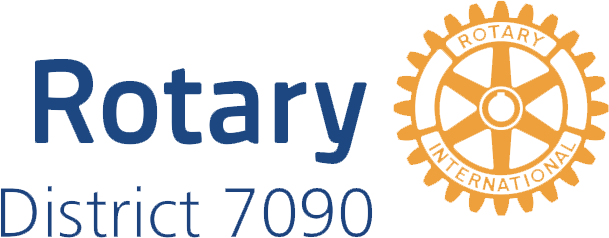An article by Jos Nolle.
Africa is a continent with more than 50 countries, and in North America most of us know little about the majority of these countries. There are hundreds of languages, each of them representing a rich history and interesting cultures. Unfortunately we don't read much about that, because the regular news concentrates more on the problems in African countries rather than the cultural diversity and the richness it brings to our world. I wanted to give this observation before starting to tell you about one of the most devastating problems the African people have faced during the past two decades: AIDS.
Much has been written about AIDS, but most of what we read is written from a "western perspective". When AIDS appeared in North America and Europe, we tackled the challenge with western logic, including public health education and the development of medical treatments. Today it is possible to have a productive and dignified life after discovering the HIV infection in a person.
Why has that not been possible yet in most African countries? The HIV infection rate in some countries is as high as 25% and the increase in infection rates has not yet completely peaked according to some public health experts. It is dangerous to simplify the situation by saying that the low levels of education are one of the main reasons. Through our western lenses of observing the world, that would be the conclusion of most people. Cultural anthropologists and social sciences experts will most likely argue that there are many more reasons which will be hard to grasp unless you spend an extensive period of time in an African setting. Also, the statistics are not yet well documented, but initial studies have shown staggering increases of HIV infection rates in countries such as Russia, India and China. These are three of the four so-called BRIC countries (the 4th one being Brazil), the four countries identified as the world's fastest growing economies. AIDS is not just a serious challenge in countries on the African continent; it is very much a world public health problem.
Some of the people with whom I work in Africa, argue that there are more pressing health problems such as malaria and TB. Others will explain that there are many links between these problems. Everybody agrees that the economic impact of these diseases is monumental. We now have generations of orphans who lost their parents to AIDS, and with them they lost the nurturing and parental guidance all of us needed when we were young. Many African countries have emerging economies, and they need a healthy work force as well as good public administration and business leaders. The AIDS epidemic is a serious risk for the development of many African nations in the 21st century.
